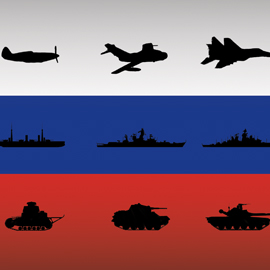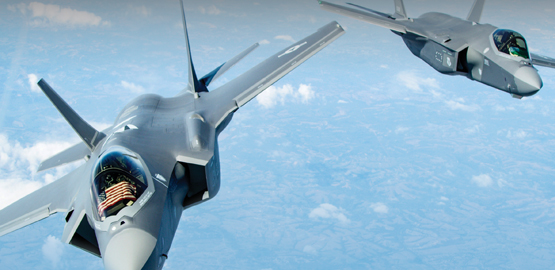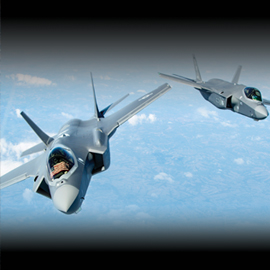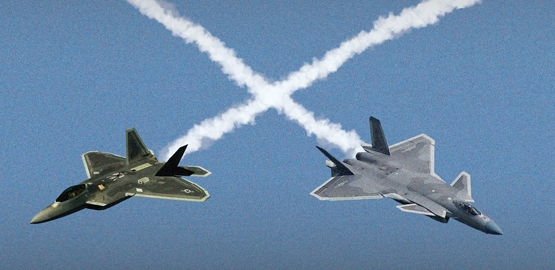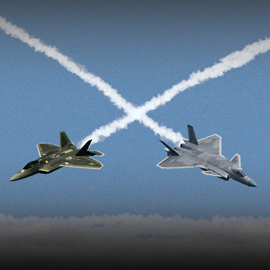News
The Way to Respond to China
The Pentagon should spare AirSea Battle from cuts. The military concept is America's best chance of ensuring peace and stability in the Western Pacific.
The Terrorist Threat Beneath The Waves
The world's vast undersea energy infrastructure—oil and gas platforms, wellheads, pipelines and pumps—is now vulnerable to attack by cheap submarines and unmanned vehicles.
Get Ready for the Democratization of Destruction
As Niels Bohr famously observed, "Prediction is very difficult, especially if it's about the future." But we need not be caught entirely unaware by future events. The rapid pace of technological progression, as well as its ongoing diffusion, offer clues as to some of the likely next big things in warfare. Indeed, important military shifts have already been set in motion that will be difficult if not impossible to reverse. Sadly, these developments, combined with others in the economic, geopolitical, and demographic realms, seem likely to make the world a less stable and more dangerous place.
Panetta’s Challenge
Can he counter China's and Iran's game-changing new weapons?
Fool Me Twice: How the United States Lost Lebanon—Again
For the second time in three decades, a substantial American investment of time, money, and effort to strengthen the Lebanese government and support its fledgling democracy has come to very little. Hezbollah, Tehran, and Damascus now dominate the country’s intractable domestic politics. US diplomacy is left powerless, wondering how to make the best of an increasingly untenable situation in the Levant.
From Protectorates to Partnerships
Since World War II, America’s network of European and Asian alliances has underwritten security and prosperity around the globe. While these alliances have been a source of strategic and political advantage for the better part of the past sixty years, they have not always been militarily essential. That is rapidly changing. The United States is confronted by revisionist powers across Eurasia (Russia, Iran and China), as well as the continuing threats posed by Islamic extremism, the almost certainly protracted aftershocks of the Jasmine Revolutions, and the potential for unrest in nuclear-armed states like North Korea and Pakistan. Furthermore, all of this comes at a time of enormous fiscal constraint at home. What used to be a U.S. preference for working in concert with others is fast becoming an imperative.











